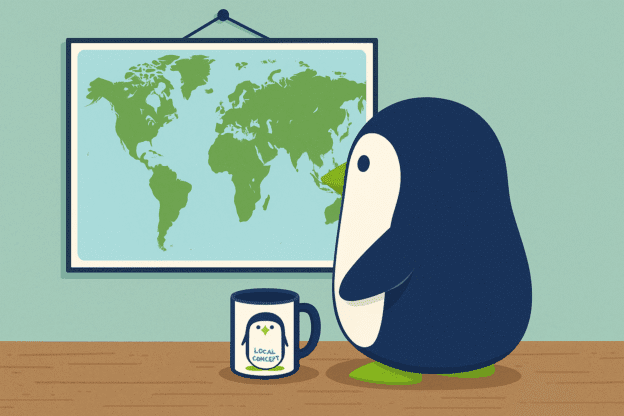Last week, we looked at El Agente Topo and how the film reveals the emotional reality of aging: many older adults aren’t neglected by caregivers, they’re neglected by society. That idea opens up a much bigger question. Around the world, cultures hold very different beliefs about responsibility, family, independence, and what it means to care for older generations. This week, we’re taking a closer look at those differences and how they shape the experience of aging across the globe.
Latin America: Strong Bonds, Changing Realities
In many Latin American countries, including Chile, families have traditionally cared for older adults at home. Multigenerational households are common, and providing care is seen as both a duty and an expression of love.
Urbanization, smaller families, and modern work patterns mean more older adults live in institutions reluctantly, and often with fewer family visits than expected. Emotional closeness is still valued, but the structure that supported it is under strain.
East Asia: Respect and Responsibility
In Japan, China, and South Korea, caring for elderly parents is deeply ingrained. Concepts like filial piety emphasize that children owe respect, attention, and practical support to aging parents. Traditionally, families live together, and nursing homes are seen as a last resort.
However, these countries are also experiencing demographic pressures: long life expectancy, fewer children, and demanding work cultures, making full-time family care increasingly difficult. Respect remains central, but the burden has grown.
Southern Europe: A Family Obligation
In Italy, Spain, Greece, and Portugal, older generations often remain closely tied to their families. It’s normal for adult children to stay involved, visit frequently, and handle care decisions collaboratively.
But economic challenges and high youth unemployment mean younger generations often move for work, complicating the traditional caregiving model.
United States and Northern Europe: Independence First
In the U.S., the cultural ideal of independence shapes aging. Many older adults prefer living alone, relying on outside caregivers or assisted living when needed. Children may visit, but not always frequently.
Northern Europe, especially Scandinavia, takes a different approach but with similar independence. Sweden, Denmark, and Norway rely on strong social services: high-quality state-run care, home assistance, and community supports, reducing the emotional and financial burden on families.
There, reliance on institutions isn’t stigma; it’s structure.
The Universal Thread: Connection
What El Agente Topo highlights (and what crosses every cultural boundary) is the emotional reality of aging:
Older adults want connection.
Whether through family visits, community engagement, or caring staff, the need for companionship is universal.
The film gently points out something many societies struggle with: even the best facility cannot replace meaningful human presence. Care isn’t only food, medicine, or supervision. It’s attention, conversation, and the feeling of being remembered.
Across the world, the logistics of elder care may differ, but the heart of it remains the same: aging with dignity requires connection.










